#TAMAM - Turkey's Social Media Stays Strong
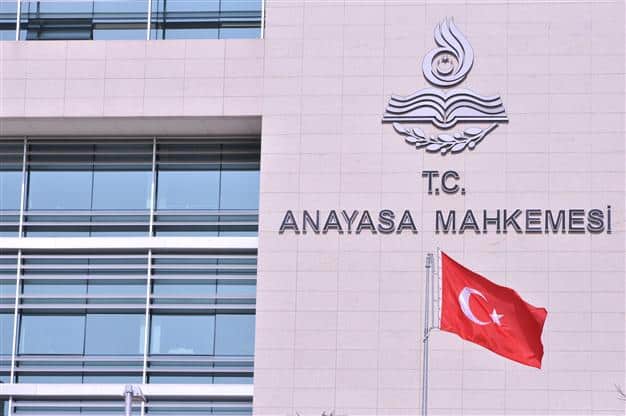
Turkey's President Erdoğan was re-elected as head of government for the next five years, and his next term is bound to continue the streak of limiting the freedom of press and prosecuting opponents. Throughout the election campaigns, opposition parties were seriously limited by the ongoing state of emergency, and had to resort to creative methods to attract voters. In fact, oppositional parties expressed such energy that, until the results of the elections rolled in on Monday, June 25th, observers speculated that there was a real chance of challenging Erdoğan's majority rule. Although Turkey remains a polarised country, social media has become the go-to approach for change-makers.
Armenia's Velvet Revolution
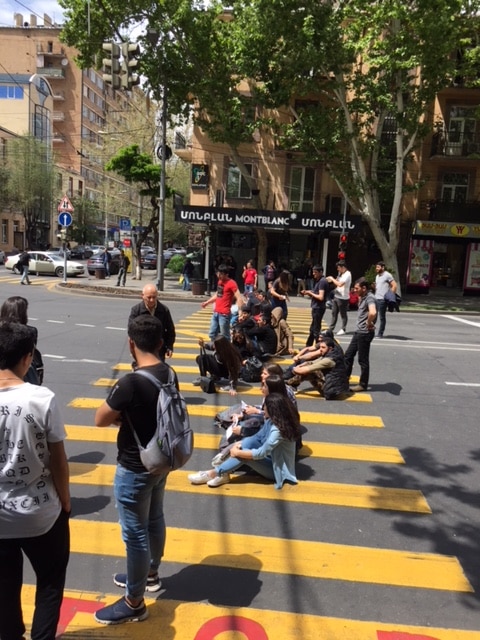
On 8 May, after weeks of mass protests, a new prime minister was appointed in Armenia: Nikol Pashinjan, the leader of the Armenian Velvet Revolution. Driving the protests were students and other young activists. The FMS asked one of those activists, 20-year-old Ozheni Avetisyan, to write about her experience of this revolution. Want to read Avetisyan article? Then click on read more.
Revolution in Armenia
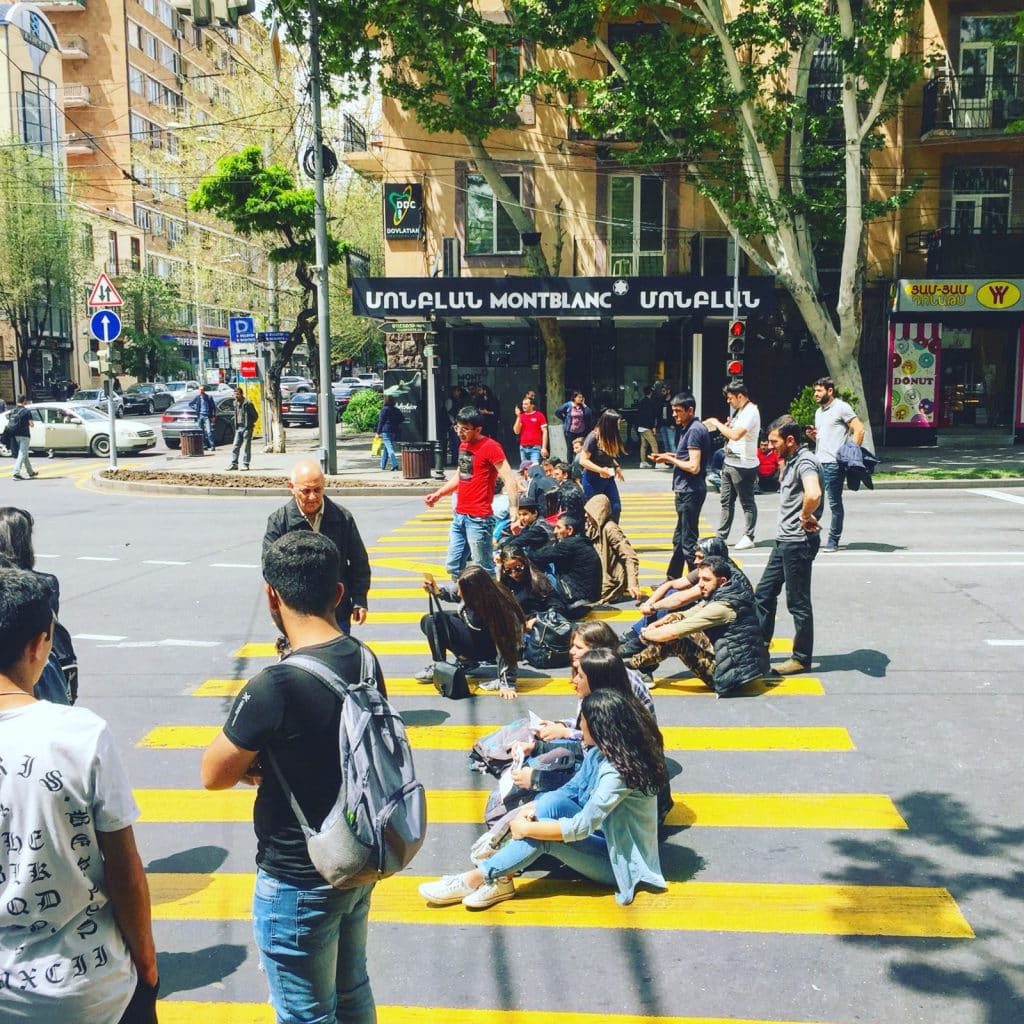
After 11 days of mass protests in Armenia against Prime Minister Serzh Sargsyan, the latter decided to resign on 23 April. After a brief euphoria and celebrations in the streets, however, it appeared that the ruling party had no intention of giving up power by doing so. Although it admitted not to put forward its own prime ministerial candidate, it would still consider which candidate it would support, although there was only one candidate: protest leader Nikol Pashinyan.
Ukraine: four years on
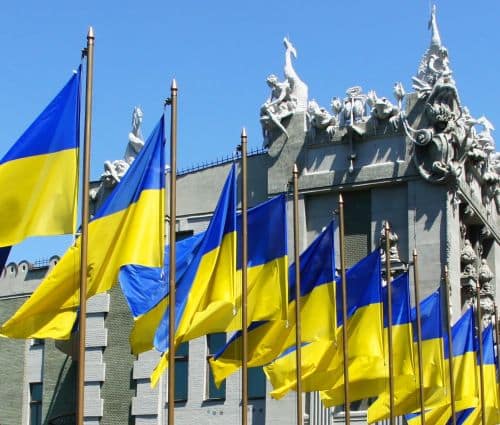
In 2014, the revolution, 'Euromaidan', took place in Ukraine against Russia's wishes. In response, Russia took Crimea and war broke out in eastern Ukraine. What has been achieved in the past four years since that revolution? Or is the country still at a standstill? The Euromaidan's aim was to democratise the country, fight corruption and implement reforms, but has it succeeded? What are the current problems and what is the country up against?
In Belarus, you can celebrate Independence Day in a police van
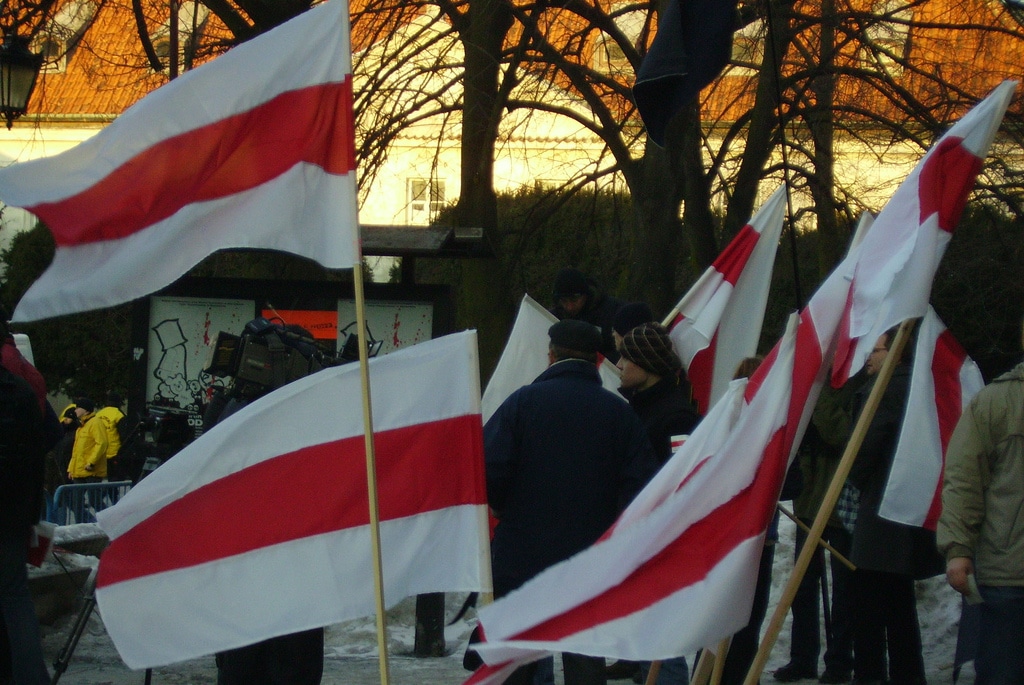
Around Minsk's national theatre on Sunday 25 March, everything you saw was red and white. There was no escaping the flags in the colours of the Belarusian People's Republic, which was founded exactly 100 years ago. That was reason for many people to celebrate with a big concert, but not for everyone.
Fake news in Romania
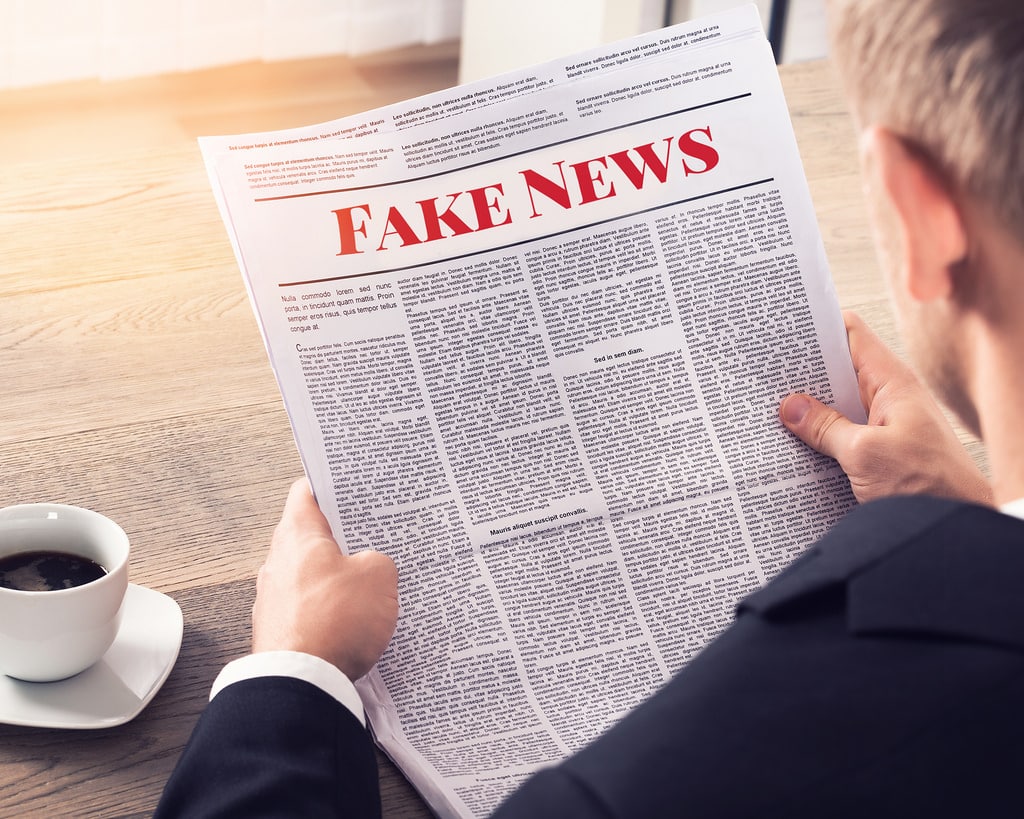
Spreading false messages to influence their recipients is as old as the road to Rome. The communists, whose legacy is still present in Eastern Europe, liked it. But what are the typically Romanian sides of this phenomenon?
It is five to 12 for Moldova
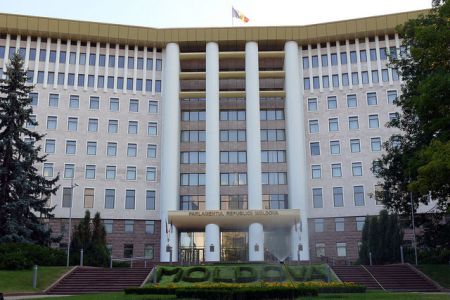
On 8 and 9 February, we organised a fact-finding mission to Moldova. In Europe's poorest country struggling with massive corruption, an ongoing conflict between the president and parliament, and a divided population , parliamentary elections are scheduled this autumn. The elections will show whether the pro-Russian president will be able to consolidate his power by winning a majority in parliament, or whether the pro-European parties can convince voters to give them a little longer to implement promised reforms and improvements. So the stakes are quite high, while faith in politics has been declining for years and the popularity ratings of some leading politicians are running into the single digits.
Will Chameria be the next Balkan conflict?
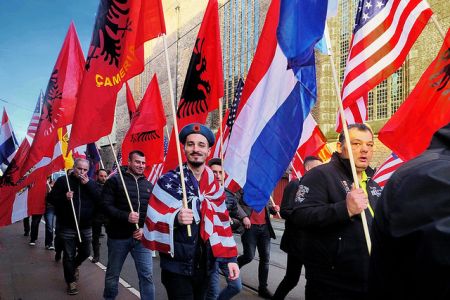
On Tuesday, 6 February 2018, the European Commission presented the European Union's enlargement strategy with the Western Balkan countries. The Commission has now prepared an outline with a directive for possible accession of these six countries.

